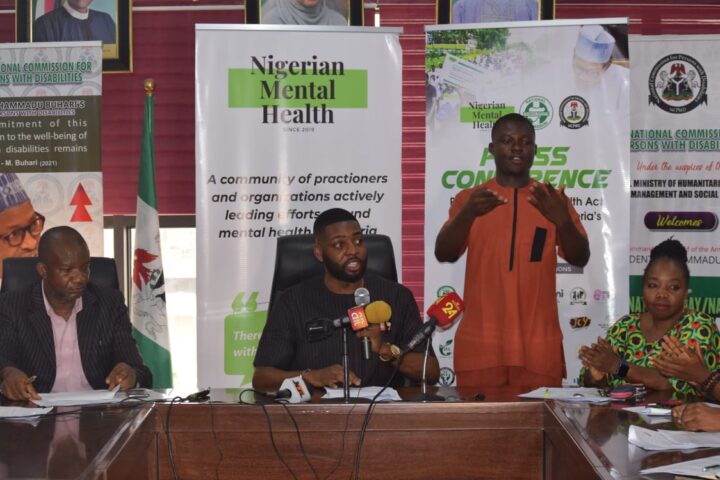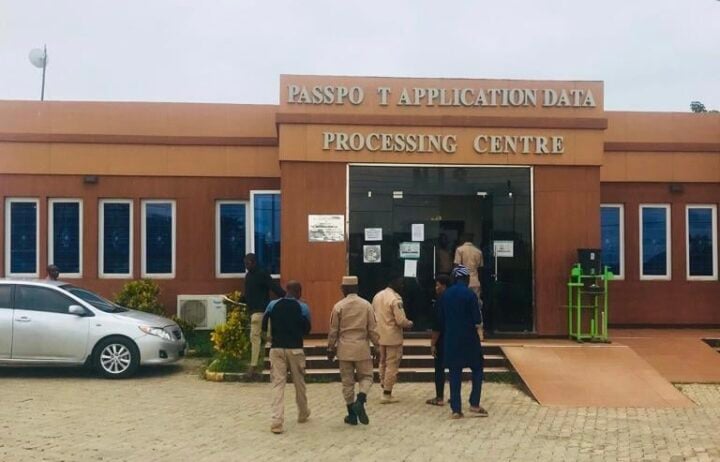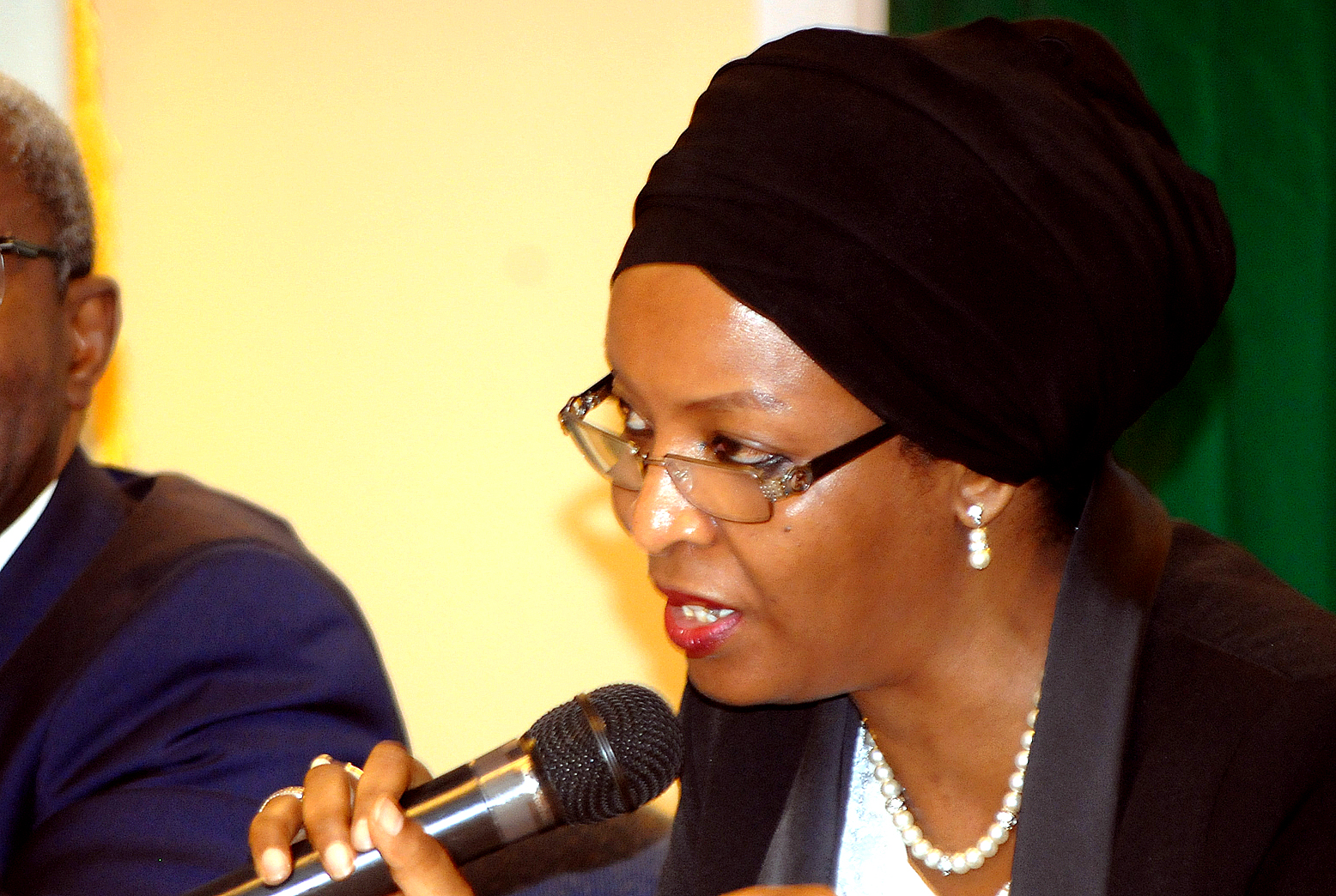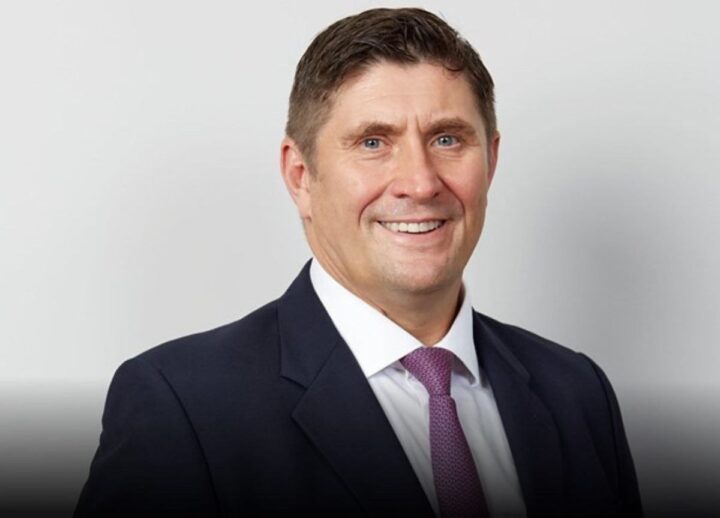A coalition of civil society organisations (CSOs) has called for the decriminalisation of suicide attempts in Nigeria.
On January 5, 2023, President Muhammad Buhari signed the mental health act into law.
Speaking on Thursday on behalf of 41 CSOs at a press conference, Chime Asonye, founder of the Nigerian mental health, said the act establishes human rights protections for those with mental health conditions such as banning discrimination in housing, employment, medical, and other social services.
Asonye said other critical efforts such as the decriminalisation of suicide must be initiated to consolidate gains made by the mental health act in advancing human rights.
Advertisement
Section 327 of the criminal code states that “Any person who attempts to kill himself is guilty of a misdemeanour, and is liable to imprisonment for one year”.
Also, section 231 of the penal code states that “Whoever attempts to commit suicide and does any act towards the commission of such offence, shall be punished with imprisonment for a term which may extend to one year or with fine or with both”.
But Asonye said the CSOs have launched #SuicideNotCrimeNG, a campaign to decriminalise attempted suicide in Nigeria.
Advertisement
“Other critical regulatory reforms for those with mental health conditions should be enacted, such as decriminalising attempted suicide, which is illegal according to Nigeria’s criminal and penal codes and penalises citizens with a one-year jail term,” he said.
“Suicide should be treated as a public health issue, not a criminal one. Individuals who try to take their life are psychologically vulnerable and need support, not detention or jail. The public is encouraged to join thousands of others in adding their voice to repeal these laws by signing our petition.”
Asonye also said there was a need for domestication of the act, adding that the legislation should be adopted at the subnational level as state governments are critical actors in the dispensation of healthcare for citizens.
“Currently, only two states Ekiti and Lagos have mental health legislation in the entire nation,” he said.
Advertisement
He also said the mental health act prescribes the adoption of community-based approaches to the provision of mental health care services.
“This should involve the inclusion of mental health support as a service delivered at primary health care centers across the country,” he said.
“Resources such as mental health first aid and other basic assistance and support at the primary level will also serve as a preventive healthcare function for those at the grassroots.”
Advertisement






